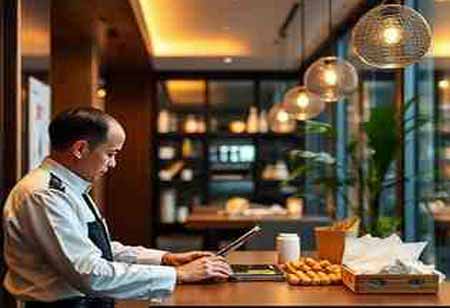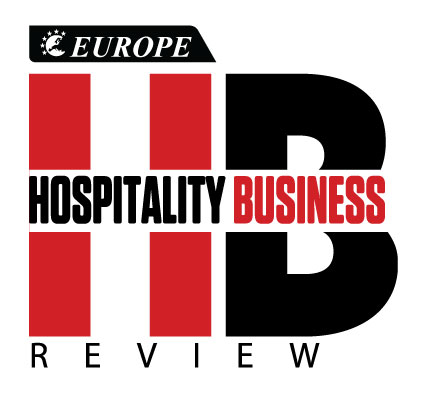Thank you for Subscribing to Hospitality Business Review Weekly Brief
- Home
- Topics
- Automatic Coffee Machines
- Catering and Dining Services
- Hospitality Advisory Services
- Hospitality Construction Services
- Hospitality Consulting Services
- Hospitality Marketing
- Hospitality Procurement
- Hospitality Staffing Services
- Insurance Services
- Travel and Tourism Management
- Vacation Rental Property Management
- Vendor Viewpoint
- News
- CXO Insights
- Conferences
- Newsletter
- Subscribe
- About Us
- CXO Awards
-
An Overview of the Challenges in Hospitality Procurement
Quality control, cost management, and supply chain volatility are major challenges in hospitality procurement.

By
Hospitality Business Review | Monday, November 17, 2025
Stay ahead of the industry with exclusive feature stories on the top companies, expert insights and the latest news delivered straight to your inbox. Subscribe today.
Fremont, CA: The process of acquiring goods and services necessary for a restaurant, hotel, event, theme park, or other business involved with hospitality is known as hospitality procurement. Robust procurement practices in the hospitality industry are essential for controlling expenses and cash flow, preventing risks, building partnerships with suppliers, and delivering a five-star visitor experience.
Food and beverages, towels and linens, cleaning supplies and equipment, housekeeping, maintenance, and security services, furniture and fixtures and equipment, office supplies and equipment, and transportation and logistics services are some of the most common types of purchases made by hospitality businesses.
An effective procurement function encompasses various responsibilities, such as identifying and evaluating vendors, negotiating contracts, overseeing inventory, and processing invoices. Beyond the necessity of having proficient procurement professionals and efficient procedures, the integration of procurement technology is essential for optimal performance. In the hospitality sector, where businesses frequently engage in numerous purchases and maintain extensive supplier networks, manual management can become burdensome. However, by implementing appropriate technology, hospitality companies can enhance their operational efficiency, reduce costs, and ultimately boost profitability.
Crucial challenges in hospitality
Quality control:
A good hospitality organization is distinguished by its ability to provide a repeatable guest experience, influencing customer satisfaction and loyalty, brand image, and competitive positioning. The ability to accomplish this is dependent, in part, on the consistency of purchased products and services.
Maintaining quality control, whether over the variety of easily bruised fruits and vegetables a restaurant relies on, or the outsourced security services required at a music arena, is crucial yet difficult. As a result, it is essential for hospitality companies to define and maintain product and service standards for all of their suppliers, which includes service-level agreements and other contractual clauses, effective vendor management, and regular quality-control checks.
Cost management:
It is a fundamental requirement for hospitality businesses such as hotels, spas, restaurants, and resorts. It's no minor task. Procurement experts must forecast and control expenses for everything from labor and food to rent and construction projects. Establishing and following a budget is essential in the hospitality industry, as financial resources and cash flow are often limited. Furthermore, cost variations and increases are prevalent in the business, affecting purchasing power, profitability, and competitive positioning.
Unexpected situations, such as one of the supply chain interruptions, may also occur, resulting in unexpected price increases. However, regardless of the reason, if the company is forced to pass on the increased expenses to its customers, customer satisfaction and sales may suffer.







